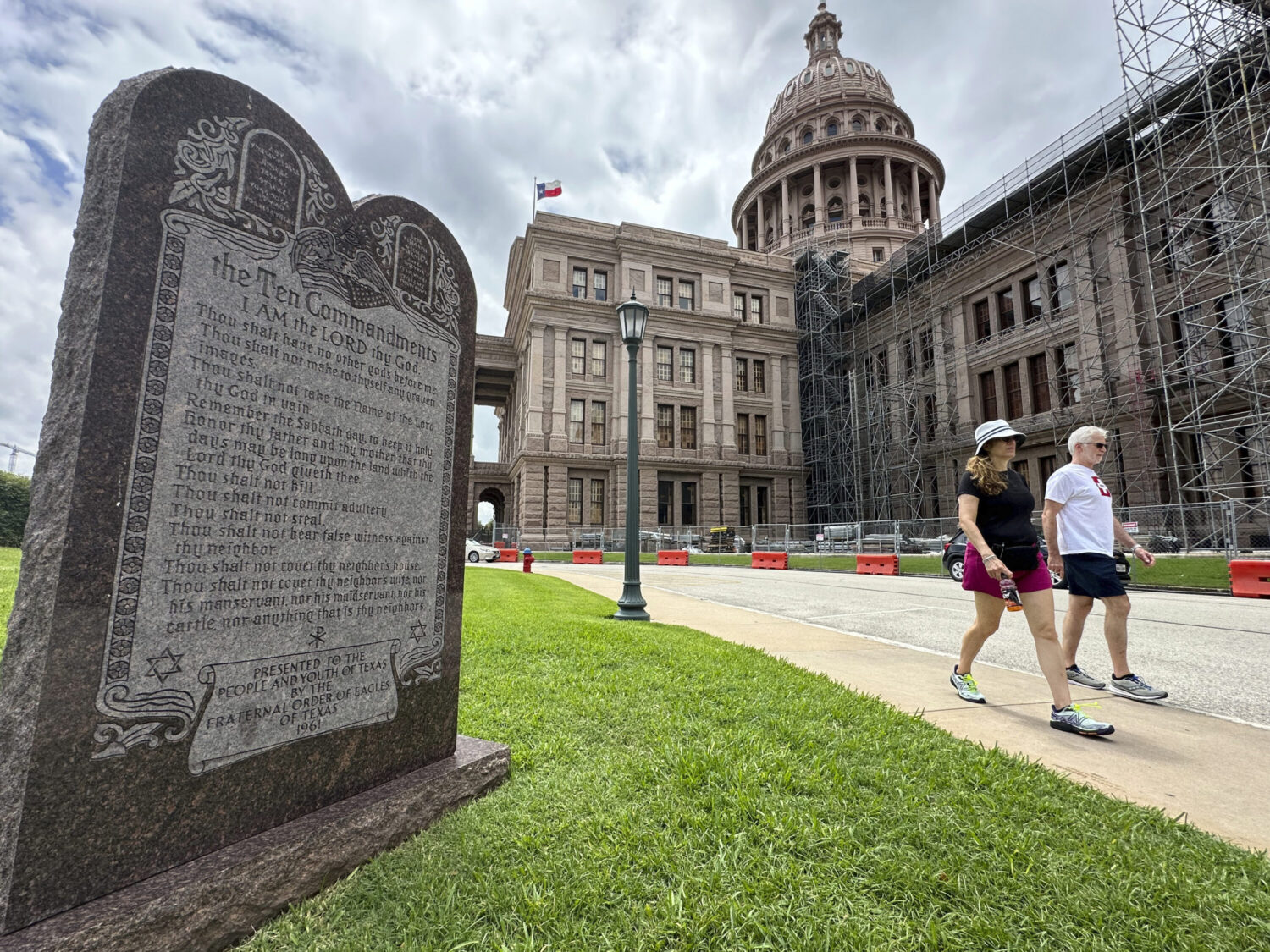Introduction to the Bill
The Texas Senate has passed a bill that would require the display of the Ten Commandments in all public-school classrooms across the state. Senate Bill 10, authored by State Sen. Phil King (R-Weatherford), passed the chamber with a 20-11, party-line vote. This decision follows a debate about the constitutionality of the bill.
Arguments For the Bill
Sen. Donna Campbell (R-New Braunfels) argued that the Ten Commandments are a critical document in the development of the United States. She believes that the Ten Commandments should be posted in every schoolroom and taught as a foundation of America. Campbell stated, "The Ten Commandments determined our laws, our ethics, our moral strengths, and our unique identifications as Americans." She emphasized that it is essential for students to learn about the Ten Commandments as they are a part of American history.
Arguments Against the Bill
On the other hand, Sen. Sarah Eckhardt (D-Austin) argued that the bill is unconstitutional and violates the Establishment Clause of the First Amendment. She acknowledged that most Texans are religious but emphasized that Texans do not want their government to impose religion on them. Eckhardt stated, "Texans don’t even want their own religion crammed down their throat by their government." She believes that the bill would undermine the separation of church and state.
Concerns About Minority Rights
Sen. Brent Hagenbuch (R-Denton) recognized that not all Texans come from a religious tradition based on the Ten Commandments. However, he believes that the majority should not be intimidated by the minority and that freedom of religion does not mean a lack of religion. This perspective highlights the complexities of balancing majority and minority rights in a diverse society.
Opposition from Faith Leaders
More than 160 faith leaders sent a letter to the Legislature, urging them to vote against SB 10. The letter, read into the record by Sen. Nathan Johnson (D-Dallas), argued that the bill would undermine religious liberty rather than protect it. This opposition from faith leaders adds a significant layer to the debate, as it suggests that the bill may not have the support of all religious communities.
Historical Context
Sen. Phil King, the author of SB 10, argued that displaying the Ten Commandments in schools was legal for most of U.S. history. He noted that in 1980, the Supreme Court ruled that such displays were no longer allowed, but a new Supreme Court decision in 2022 corrected this "error." King believes that this new decision allows Texas to require the display of the Ten Commandments in public schools once again.
Conclusion
The passage of Senate Bill 10 has significant implications for the state of Texas and potentially for the rest of the country. If the bill becomes law, it is likely to face legal challenges, similar to a law passed in Louisiana that was temporarily blocked by a federal district court. The debate surrounding SB 10 highlights the ongoing tensions between religious freedom, the separation of church and state, and the role of religion in public education. As the bill moves to the Texas House of Representatives, it remains to be seen whether it will become law and how it will impact the lives of students, teachers, and communities across Texas.




